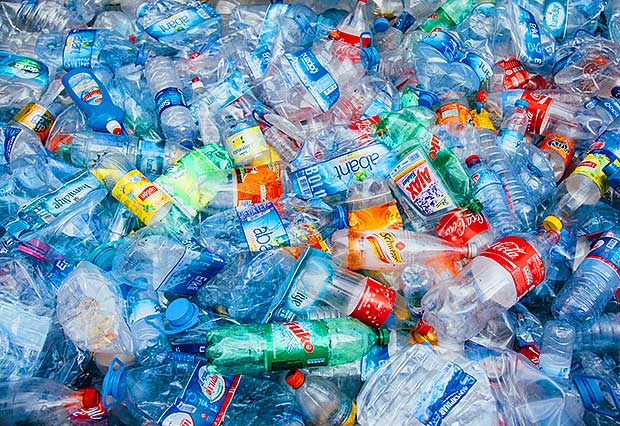Recycling waste has been a conversation that has been ongoing for the last two decades at least, and is continuing to gain traction. As we continually are alerted to the impact that human development and consumption is having on the natural world, learning about the best ways to re-use what we already have has become essential. This is why the news that recycling giants Neste and Unilever are working together to come up with chemical recycling of waste products is such good news.
We need more collaboration in the world, and these two major players in the recycling industry will assist each other moving forward. The need for more collaboration as opposed to competition is essential should humanity wish to win the war, as it were, and make sure that recycling of waste plastics can become more viable. Indeed, we are also seeing specialist technology provider Recycling Technologies join in with the program, ensuring that we have three major leaders in the industry working together on a new system.
The joint project will see the companies work alongside each other, using a £3.1m UK Research and Innovation grand ware to come up with a chemical recycling process. This will use the expertise and knowledge of a trio of global masterminds in the recycling industry to come up with a new project within a three-year timescale. This will see all waste plastic packaging taken by Recycling Technology and use their recycling tool to turn it into Plaxx, an oil substance. This will be delivered to Neste for analysis and testing, seeing how it could be used in other products such as the development of plastic packaging.
Unilever will provide their vast expertise in the art of design for recycling for packaging. This will ensure that all of the three experts can provide the information that they have in abundance; knowledge about the best steps that all parties can use to help make recycling not only easier, but more effective and more viable.
The grant provided will ensure that testing and refinement of results is possible. The testing is likely to take place in Perthshire, Scotland, at the Binn Farm recycling plant that is being developed. This will allow for better management of process waste plastic, using the Plaxx product to help ensure that the best quality feedstock is possible for new plastics in the future.
While this might seem like an overly ambitious goal, the more that can be done to use and re-use products from the past, the better. The world only has a finite amount that it can take before we reach a point of no return, and it is projects like this that will play a major role in determining how successful we are in avoiding that point of no return.
